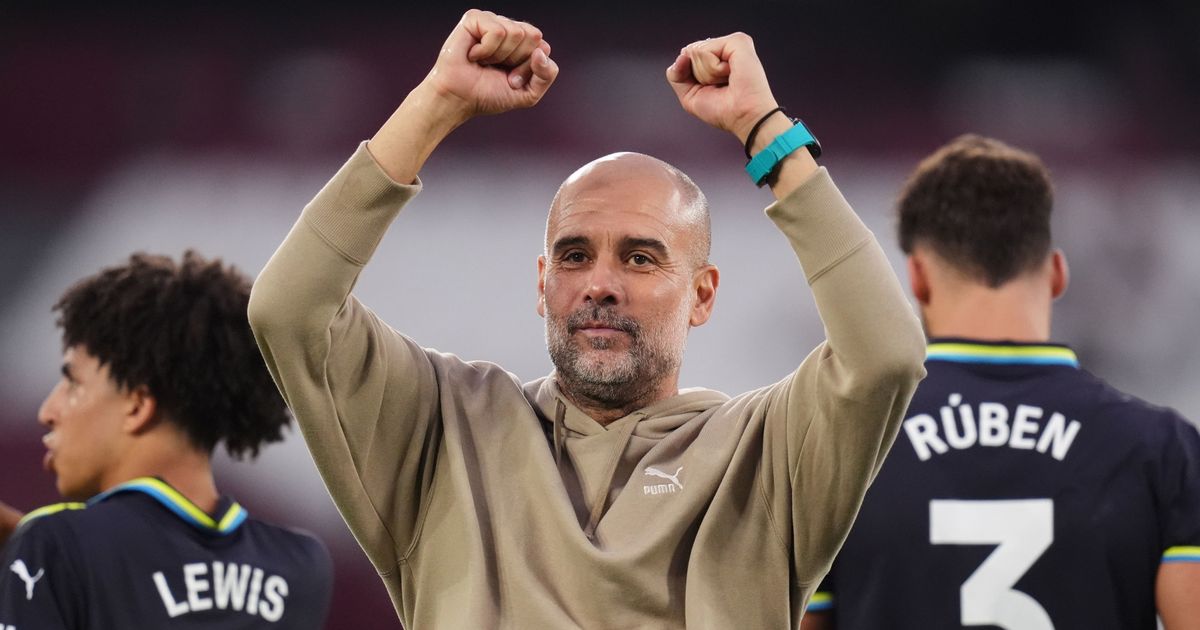The idea of the rules was to maintain competitiveness by preventing clubs from artificially inflating commercial deals with companies linked to their owners. Under the rules, any commercial deal has to be independently checked and deemed to be “fair market value”.
City pushed back against what their lawyers termed a “tyranny of the majority” after the rules were strengthened at a shareholders’ meeting in February. A two-week hearing has now taken place and saw other top-flight clubs give evidence – some for City and some for the Premier League.
City, who deny the allegations, stand accused of failing to provide accurate financial information over a nine-year period beginning in 2009. In the APT case, City believe the rules are “deliberately intended to stifle commercial freedoms of particular clubs in particular circumstances, and thus to restrict economic competition”.
They also insist that “there is no rational or logical connection between a club’s financial non-sustainability and its receipt of revenues from entities linked to ownerships”. The club hopes that some sort of success in their legal action against the APT rules could majorly strengthen their defence when it comes to the FFP case.
City chairman Khaldoon Al Mubarak spoke in the summer about the legal challenges casting a cloud over the club’s achievements. “Of course, it’s frustrating,” he said.
“I think the referencing is always frustrating. Having it being talked about the way it’s being talked about.
I can feel for our fanbase, and everyone associated with the club, to have these charges constantly referenced. “I think we as a club have to respect that there is a process that we have to go through, and we’re going through it.
We also treat our community members to special offers, promotions, and adverts from us and our partners. If you don’t like our community, you can check out any time you like.”
